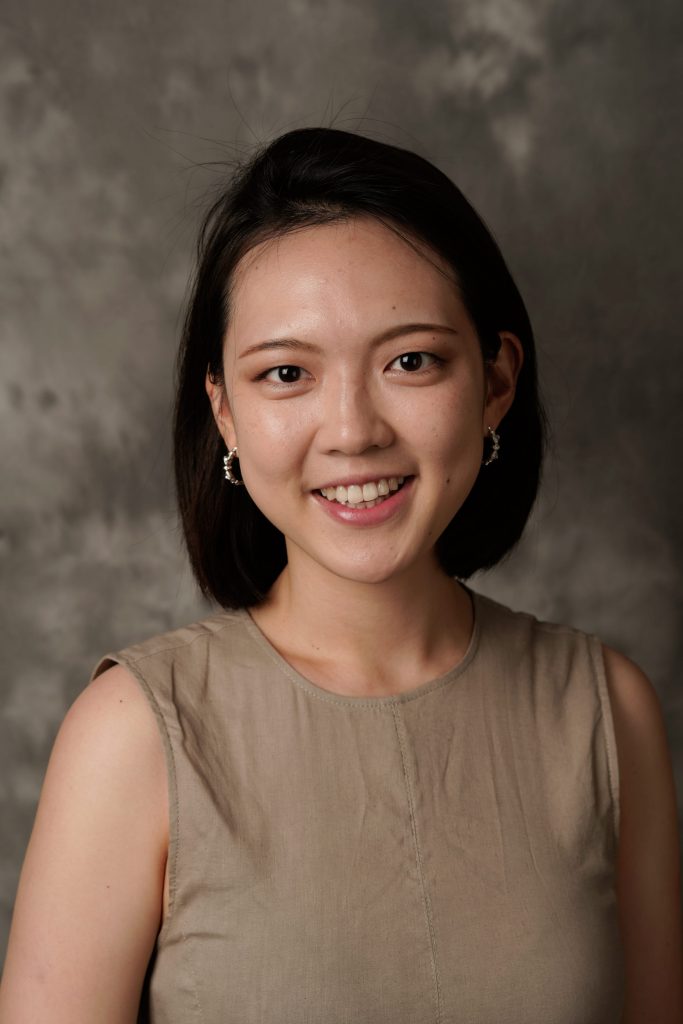
High-throughput screening (HTS) is a technology that rapidly and efficiently screens thousands of chemicals for potential activity across different types of biological endpoints. However, even using high-throughput technology, it is infeasible to test all possible pairs of chemicals and assay endpoints, resulting in large missingness. Our goal is to derive posterior probabilities of activity for each chemical by assay endpoint pair, addressing the sparsity of HTS data. We propose a Bayesian hierarchical framework, which borrows information across different chemicals and assay endpoints. This framework facilitates out-of-sample prediction of bioactivity potential for new chemicals. Furthermore, we make a novel attempt in toxicology to simultaneously model heteroscedastic errors as well as a nonparametric mean function, leading to a broader definition of activity. Application to ToxCast/Tox21 data identifies chemicals that are most likely active for disease outcomes.
About the Speaker: Bora Jin is a 4th year PhD candidate in the Statistical Science department at Duke University under the supervision of Drs. Amy H. Herring and David Dunson. Her research interests include Bayesian hierarchical methods and spatial/spatiotemporal modelling, with a focus on environmental applications. Her current projects involve various hazardous substances such as toxic chemicals, air pollutants, and water pollutants.
Thursday, February 3, 12:00-1:15 pm Eastern
*VIRTUAL ONLY*
Register HERE to receive the Zoom link!
You only need to register ONCE to receive the link for our entire Spring series.
